On November 14, Argentina’s newly elected president, Javier Milei, met with U.S. President-elect Donald Trump at the latter’s Mar-a-Lago estate in Palm Beach, Florida. Milei was the first world leader to meet with President-elect Trump since the latter’s reelection as U.S. president this month.
This meeting brings together two of the world’s most unconventional leaders. Milei, a former economist known for his libertarian views, has made clear his desire to radically reshape Argentina's economy. His policies emphasize reducing the Argentine government’s role in the economy, privatizing key industries, and dollarizing the Argentine economy—initiatives that have invited cautious foreign investment back to Argentina.
A Warm Reception at Mar-a-Lago
Pundits saw this summit at Mar-a-Lago as symbolic, signaling the beginning of a personal and potentially lucrative relationship between the two leaders. For Milei, the Mar-a-Lago visit represented a moment to secure global attention and make clear his intent to pivot Argentina toward more market-driven policies. “Today, the winds of freedom are blowing much stronger,” Milei said in Spanish at the America First Policy Institute event he attended while at Mar-A-Lago. “I am exhilarated to be able to share with the new U.S. administration the same level of freedom, and I’m convinced that together we will restore it to the place it deserves.”
Mieli congratulated Trump on his electoral victory and said it proved “the forces of heaven [were] on our side.”
Speaking of Milei’s speech, Trump remarked, “Your speech was beautiful, but the job you’ve done is incredible. Make Argentina Great Again... he’s doing that. He’s a MAGA guy.”
A Shared Vision for Economic Reform
Both leaders share a similar vision on economic matters, particularly when it comes to reducing the influence of government in the marketplace. Trump, who built his political career on promises of deregulation and tax cuts, aligns with Milei on the importance of free-market policies as a means of rejuvenating Argentina's troubled economy. Milei’s ambitious plan to dollarize the Argentine economy—a move aimed at curbing hyperinflation—has drawn comparisons to Trump’s calls for tax cuts and a reduced government footprint in the economy. Milei, for his part, spoke of unfair tax systems that force “the redistribution of wealth at gunpoint.”
The Geopolitical Context
While Argentina has historically maintained strong ties with regional economic groups like Mercosur and U.S. adversaries like China and Cuba, Milei’s administration is expected to pursue more independent trade agreements, including with the United States. Milei has stated he would seek free trade agreements with the United States once Trump took office, according to Argentine media. Trump's support for free trade agreements, particularly with Latin American nations, could provide Milei with an opportunity to open new channels for Argentine exports, especially in the agricultural and energy sectors.
Additionally, Milei has expressed his intention to tap into Argentina’s vast shale oil and gas reserves. Trump, who previously championed U.S. energy independence and expansion, is likely to support American investment in Argentina’s efforts to become a more significant player in the global energy market.
This meeting primarily focused on economic and trade relations, but one should not overlook the geopolitical implications of these talks. Both leaders have been outspoken critics of China’s growing influence in Latin America, with Milei vowing to reduce Chinese influence in Argentina. Trump, who emerged as an ardent critic of Chinese investment in the Western hemisphere in his first term, has become only more hardened in this view since leaving office. The two discussed the need to bolster Argentina’s relationships with Western democracies while countering what they see as China’s attempts to exert undue economic and political influence in the region.
Milei has also expressed interest in strengthening Argentina’s ties with both NATO and the United States on issues of regional security, particularly in combating transnational organized crime and drug trafficking. While Argentina has traditionally maintained a neutral stance in global conflicts, Milei’s hawkish rhetoric suggests a desire to pivot closer to the U.S. and Europe. In April, Argentina formally asked to become a “global partner” of NATO, and Argentine Defense Minister Luis Petri traveled to NATO headquarters to discuss the formal designation.
The Road Ahead
This meeting between Milei and Trump strikes the start of a new chapter in U.S.-Argentina relations. Milei’s administration will likely push for deeper ties with the U.S. across a range of sectors, including trade, energy, defense, and technology. Milei faces challenges ahead, particularly in terms of implementing his economic reforms, but the meeting with Trump signals that Argentina wants a more prominent role on the global stage. Milei remains popular at home, a staggering feat considering how large of fiscal cuts he has championed.
For Trump, the meeting reaffirms his approach to foreign policy, one that emphasizes strong bilateral ties, economic interests, and a focus on security. As Trump prepares for his second term in office, strengthening U.S.-Argentina relations could be an early win in a shifting geopolitical landscape.
In the coming months, we can expect to see further developments in U.S.-Argentina relations, particularly as Milei continues to press forward with his agenda of economic reforms and seeks support from the U.S. and other Western allies.



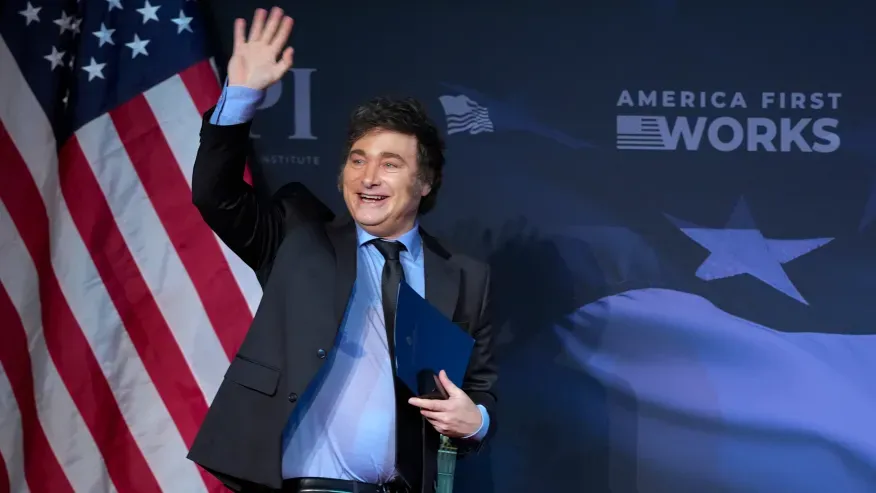
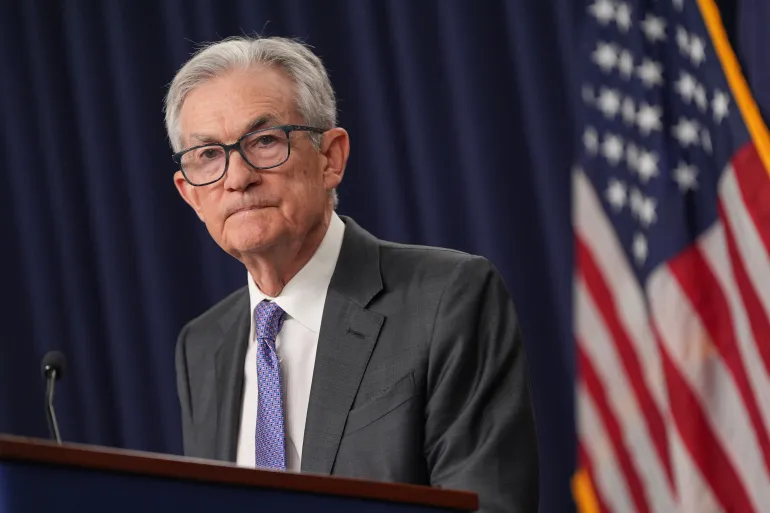

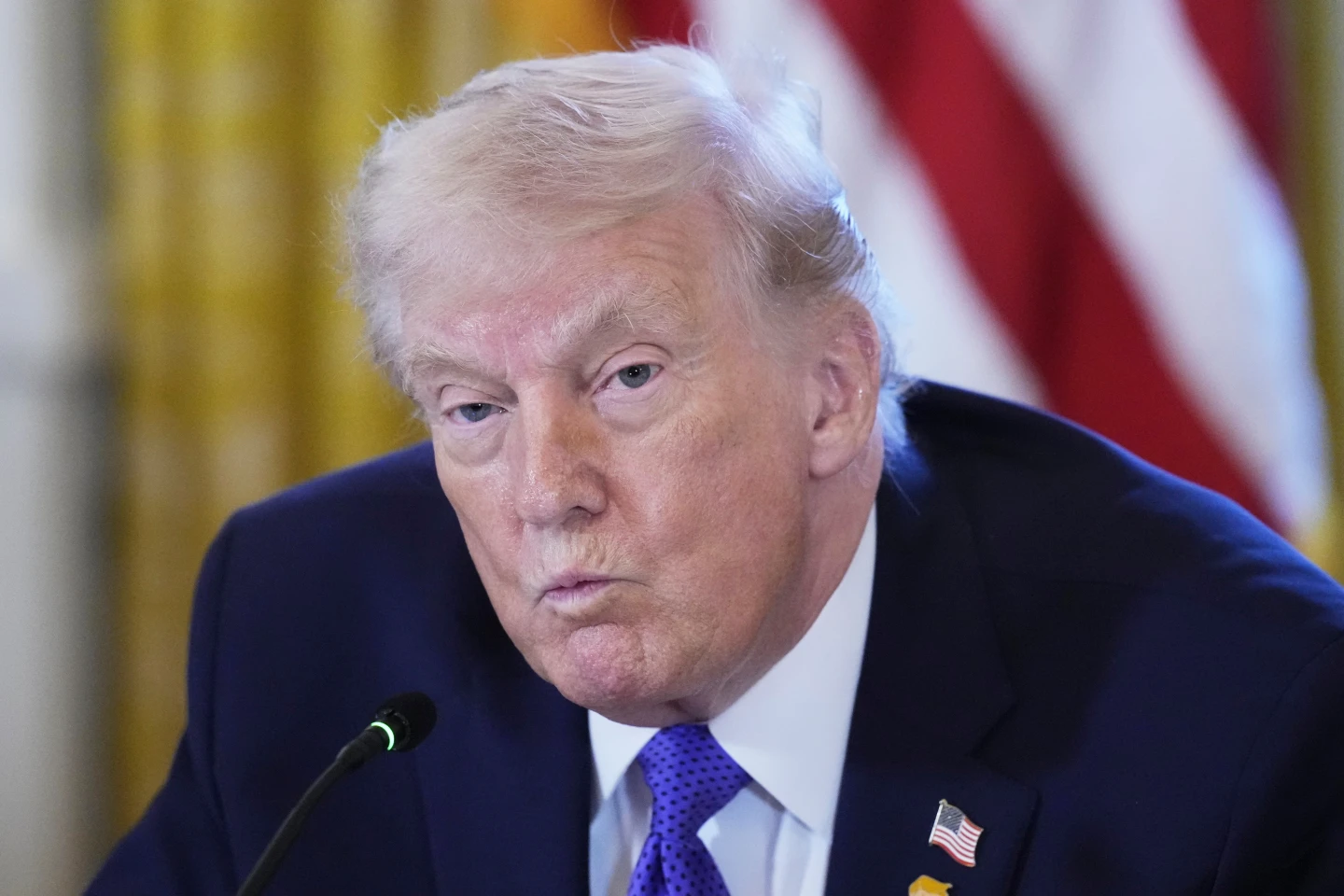
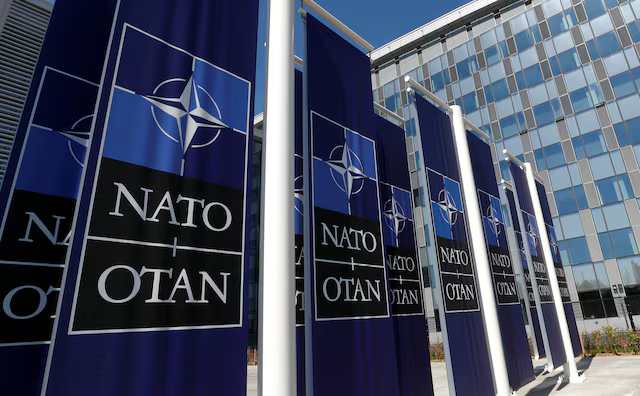
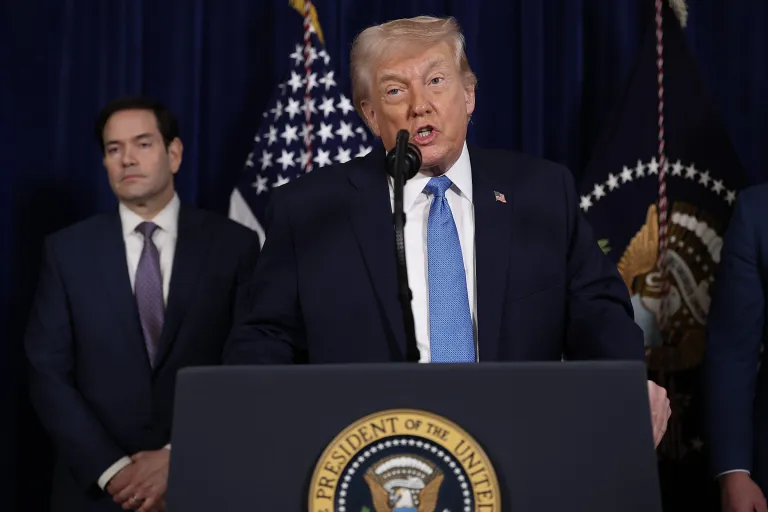
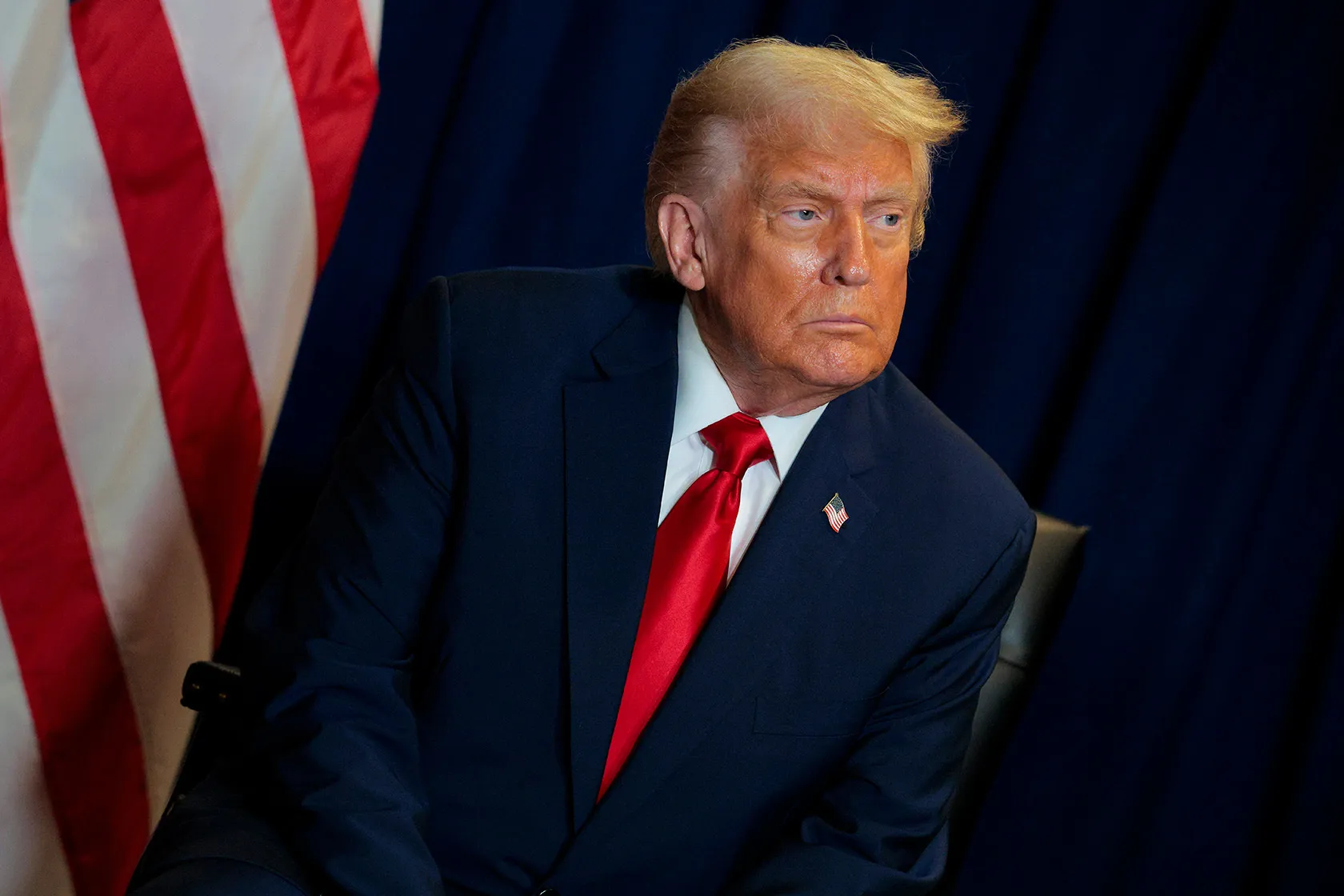
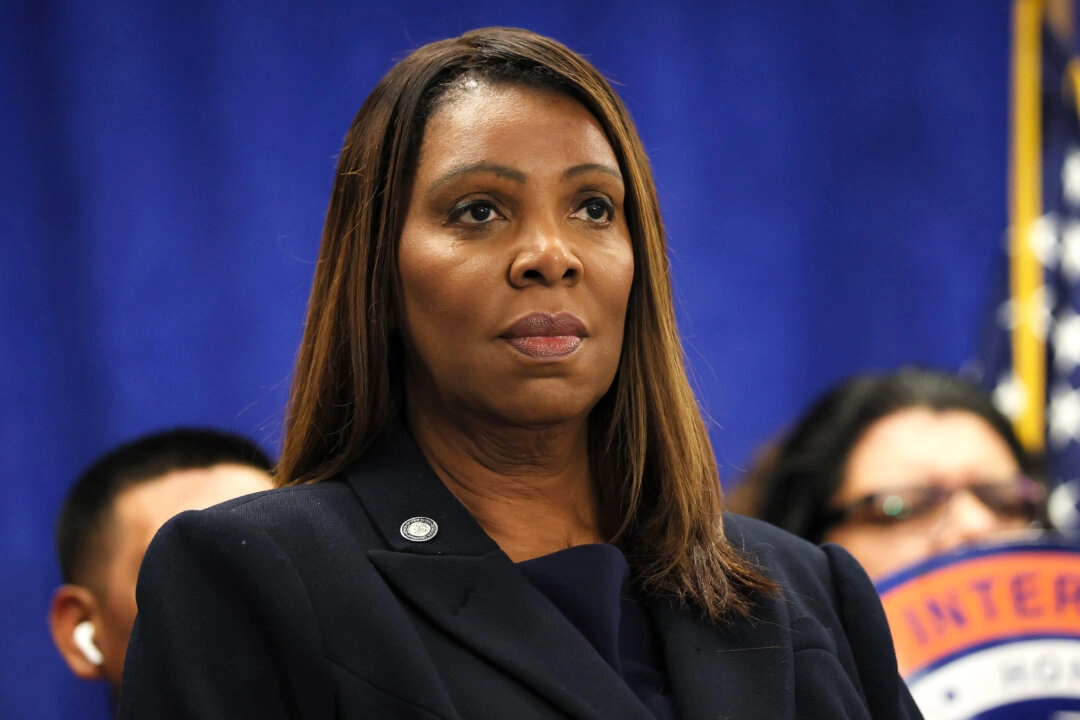
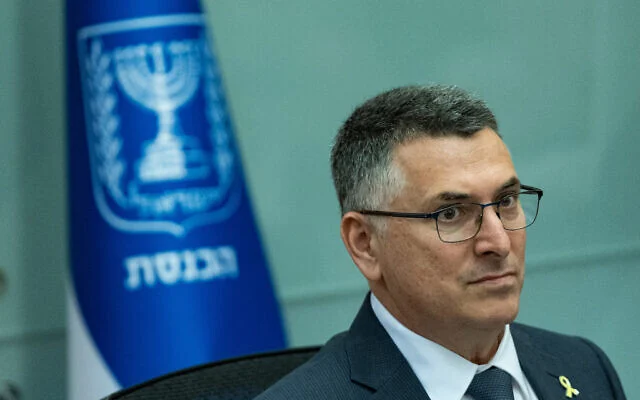
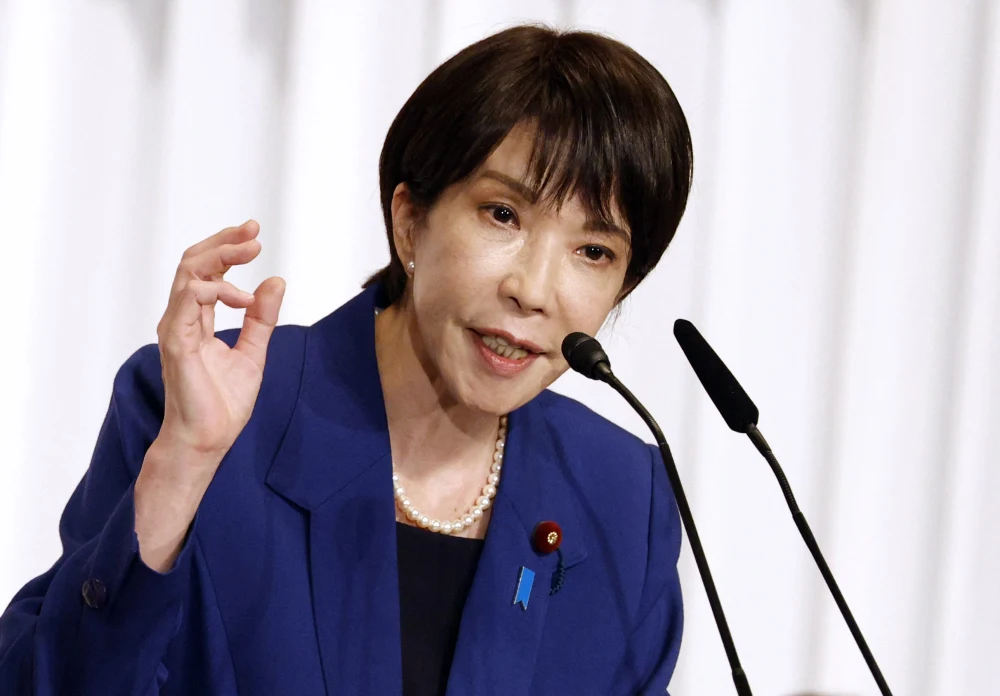
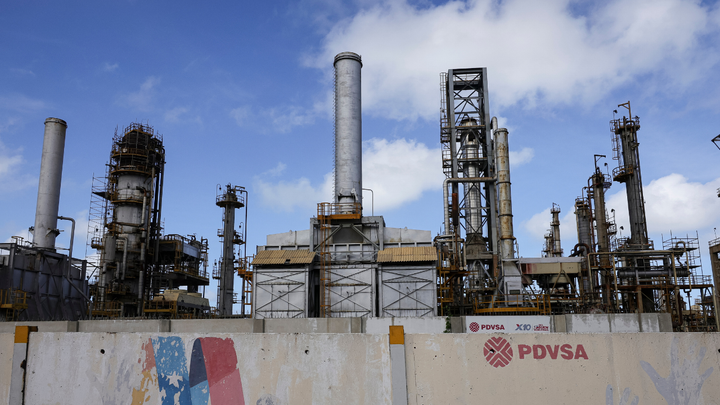
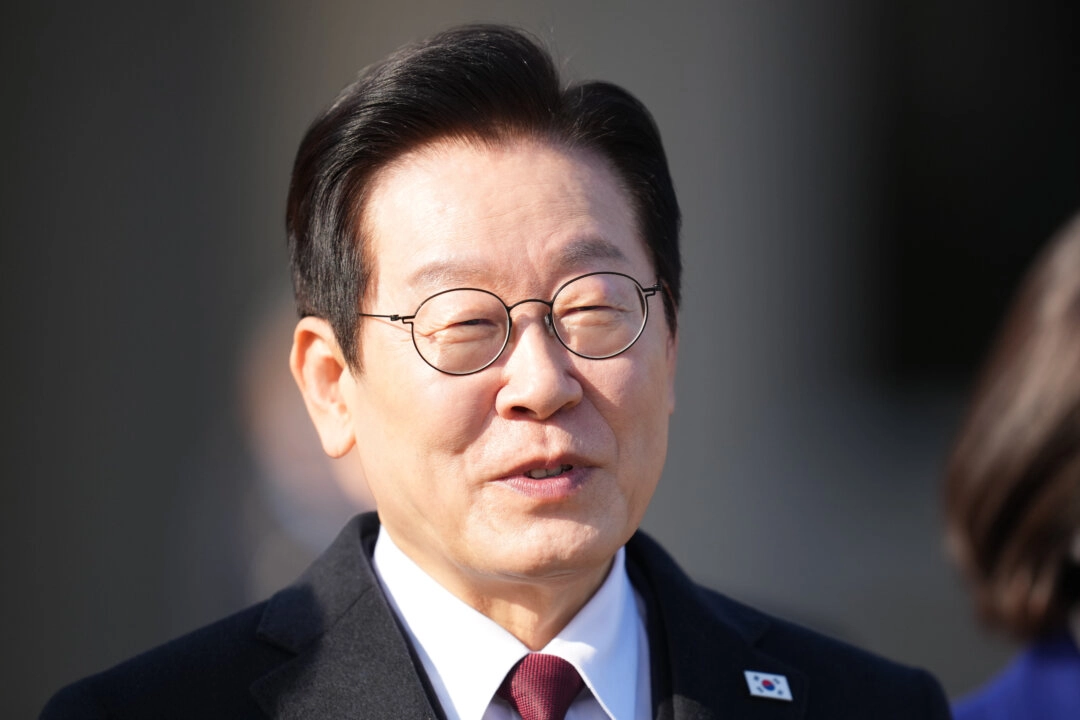
Discussion